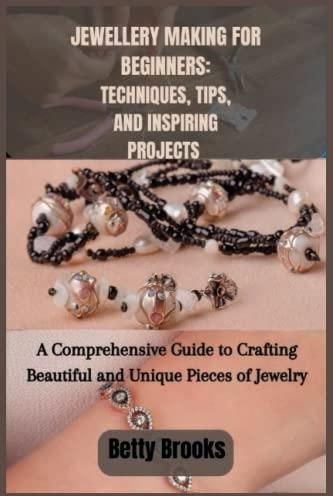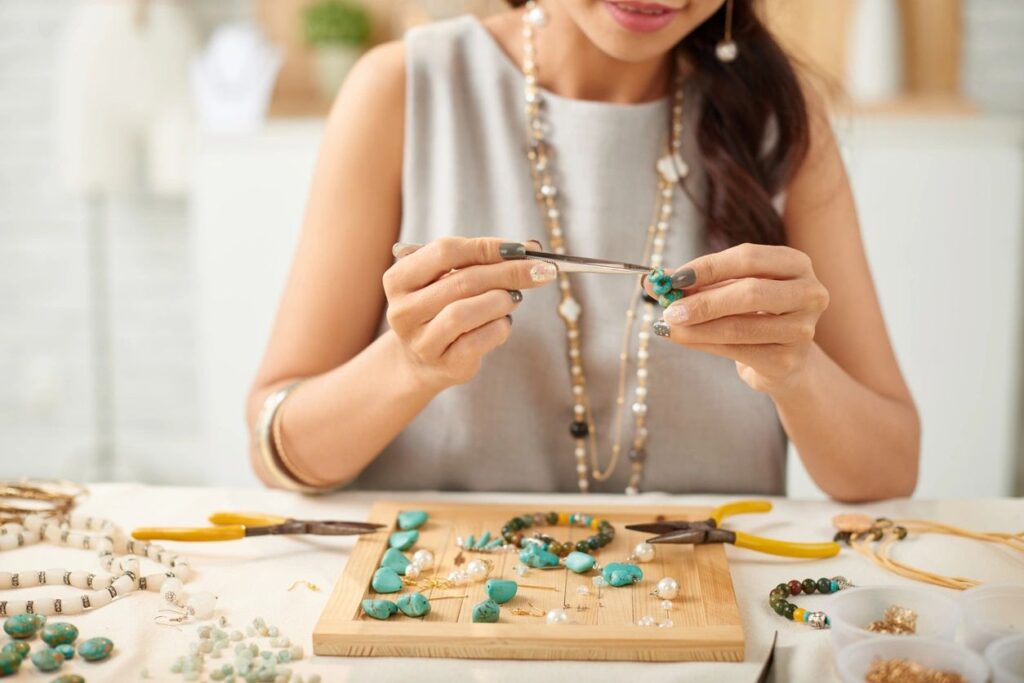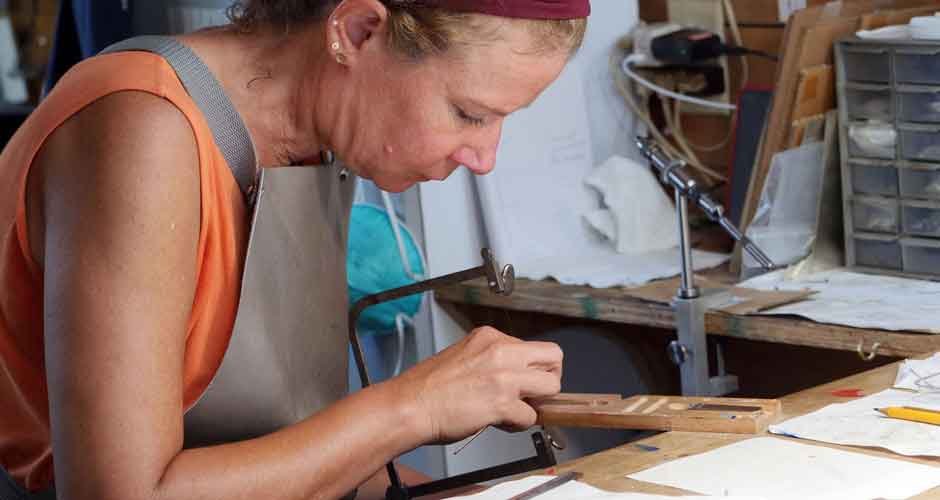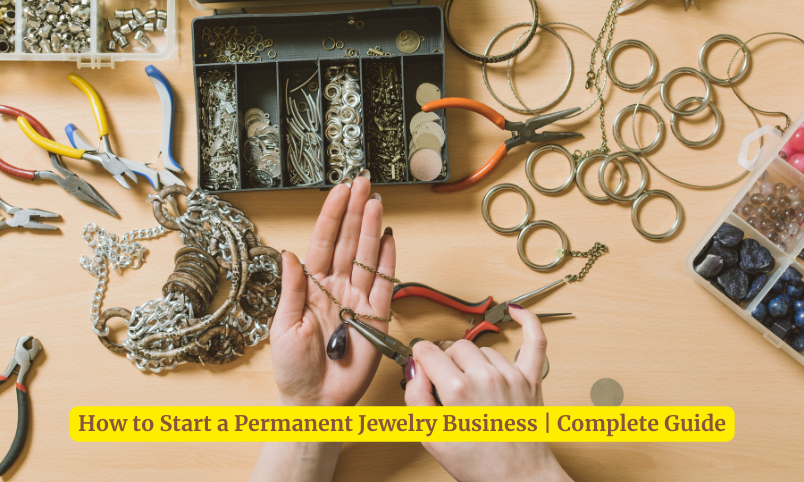Crafting Beautiful Business: A Comprehensive Guide To Making Jewellery To Sell
Crafting Beautiful Business: A Comprehensive Guide to Making Jewellery to Sell
Related Articles: Crafting Beautiful Business: A Comprehensive Guide to Making Jewellery to Sell
Introduction
In this auspicious occasion, we are delighted to delve into the intriguing topic related to Crafting Beautiful Business: A Comprehensive Guide to Making Jewellery to Sell. Let’s weave interesting information and offer fresh perspectives to the readers.
Table of Content
Crafting Beautiful Business: A Comprehensive Guide to Making Jewellery to Sell

The allure of jewellery is timeless. It adorns, empowers, and tells stories. For those with a creative spirit and a passion for beautiful things, crafting jewellery to sell can be a rewarding journey. This guide provides a comprehensive overview of the process, from initial inspiration to successful sales.
1. Identifying Your Niche and Target Audience:
- Market Research: Understanding current jewellery trends is crucial. Explore online marketplaces, fashion blogs, and social media platforms to identify popular styles, materials, and price points.
- Defining Your Brand Identity: What makes your jewellery unique? Consider your personal aesthetic, target audience, and the message you wish to convey.
- Target Audience Analysis: Who are you designing for? Understanding your audience’s preferences, style, and budget is essential for creating pieces that resonate.
2. Mastering the Fundamentals of Jewellery Making:
-
Choosing Your Materials: A vast array of materials exists, each with its own characteristics and appeal. Common choices include:
- Metals: Silver, gold, brass, copper, and stainless steel offer varying levels of durability, shine, and affordability.
- Gemstones: Natural and synthetic gemstones add color, sparkle, and unique properties to designs.
- Beads: Glass, wood, ceramic, and metal beads provide versatility and affordability.
- Other Materials: Leather, fabric, resin, and wire can be incorporated for unique textures and effects.
-
Learning Basic Techniques: Fundamental jewellery-making techniques include:
- Wire Wrapping: Creating intricate shapes and designs by wrapping wire around beads or other materials.
- Bead Stringing: Assembling beads onto a string or wire to create necklaces, bracelets, or earrings.
- Soldering: Joining metal pieces permanently using heat and solder.
- Casting: Creating jewellery pieces from molten metal poured into molds.
- Resin Casting: Utilizing resin to create unique shapes and designs with embedded elements.
3. Design and Inspiration:
- Drawing and Sketching: Translate ideas into tangible designs using pen, paper, or digital tools. Experiment with different shapes, sizes, and combinations of materials.
- Inspiration Sources: Draw inspiration from nature, architecture, art, fashion, and everyday objects.
- Experimentation: Don’t be afraid to try new techniques and materials. Embrace experimentation to discover your unique style and signature elements.
4. Tools and Equipment:
-
Essential Tools: A basic jewellery-making toolkit includes:
- Pliers: For shaping, bending, and cutting wire.
- Wire Cutters: For cleanly cutting wire and other materials.
- Jewellery Saw: For cutting metal and other materials.
- Beading Needles: For threading beads and stringing jewellery.
- Sandpaper: For smoothing and finishing metal surfaces.
- Measuring Tools: Rulers, calipers, and measuring tapes for precise dimensions.
-
Specialized Equipment: Depending on the chosen techniques, additional equipment may be necessary, such as:
- Soldering Torch: For soldering metal pieces.
- Casting Equipment: For creating jewellery from molten metal.
- Resin Casting Kit: For working with resin.
- Jewelry Molding Materials: For creating molds for casting or resin work.
5. Creating Your Jewellery:
- Following a Design Plan: Adhere to your initial design sketches, ensuring accurate measurements and material selection.
- Step-by-Step Process: Break down the creation process into manageable steps to ensure accuracy and consistency.
- Quality Control: Inspect each piece for flaws, ensuring proper construction and durability.
6. Finishing and Presentation:
- Polishing and Cleaning: Finish metal pieces with polishing cloths or compounds to enhance shine and protect against tarnishing.
- Protective Coatings: Apply protective coatings to gemstones and other materials to enhance durability and prevent damage.
- Packaging: Present jewellery in attractive and secure packaging, such as boxes, pouches, or display cards.
7. Marketing and Sales:
- Online Platforms: Utilize online marketplaces like Etsy, Shopify, and Amazon Handmade to reach a wider audience.
- Social Media Marketing: Showcase your jewellery on Instagram, Pinterest, and Facebook to engage potential customers.
- Local Craft Fairs and Events: Participate in local events to connect with customers in person.
- Building an Email List: Collect customer emails to nurture relationships and promote new collections.
8. Pricing Your Jewellery:
- Cost Analysis: Calculate the cost of materials, labor, and overhead expenses.
- Market Research: Research competitor pricing to determine a fair and competitive price point.
- Profit Margin: Set a price that covers costs and allows for a reasonable profit margin.
9. Staying Inspired and Evolving:
- Continuous Learning: Explore new techniques, materials, and design trends to stay ahead of the curve.
- Feedback and Adaptation: Listen to customer feedback and adapt your designs and offerings accordingly.
- Collaboration and Networking: Connect with other jewellery makers, designers, and industry professionals to exchange ideas and learn from each other.
FAQs about Making Jewellery to Sell:
Q: What are the best materials for beginners?
A: For beginners, materials like beads, wire, and polymer clay offer versatility, affordability, and ease of use. They allow for experimentation and exploration without requiring advanced techniques or specialized equipment.
Q: How do I learn jewellery-making techniques?
A: Online courses, workshops, and books offer a wealth of knowledge and resources. Local craft stores and community centers often host beginner-friendly classes.
Q: How do I find inspiration for jewellery designs?
A: Inspiration can be found everywhere. Explore nature, art, architecture, fashion, and even everyday objects. Observe patterns, textures, and colors to spark creative ideas.
Q: How do I price my jewellery?
A: Calculate the cost of materials, labor, and overhead expenses. Research competitor pricing to determine a fair and competitive price point.
Q: How can I promote my jewellery online?
A: Utilize online marketplaces like Etsy, Shopify, and Amazon Handmade. Showcase your work on social media platforms like Instagram, Pinterest, and Facebook. Engage with potential customers and build a strong online presence.
Tips for Making Jewellery to Sell:
- Focus on Quality: Prioritize quality materials and craftsmanship.
- Develop a Unique Style: Create pieces that stand out from the crowd.
- Stay Current with Trends: Keep up with the latest fashion and jewellery trends.
- Provide Excellent Customer Service: Respond promptly to inquiries and address customer concerns.
- Build a Strong Brand Identity: Develop a consistent brand image and message.
Conclusion:
Making jewellery to sell is a rewarding endeavor that combines creativity, craftsmanship, and entrepreneurship. By understanding the fundamentals of jewellery-making, exploring different materials and techniques, and developing a strong marketing strategy, aspiring jewellery makers can turn their passion into a successful business. The journey may have its challenges, but with dedication, perseverance, and a love for the craft, the rewards can be truly fulfilling.








Closure
Thus, we hope this article has provided valuable insights into Crafting Beautiful Business: A Comprehensive Guide to Making Jewellery to Sell. We thank you for taking the time to read this article. See you in our next article!